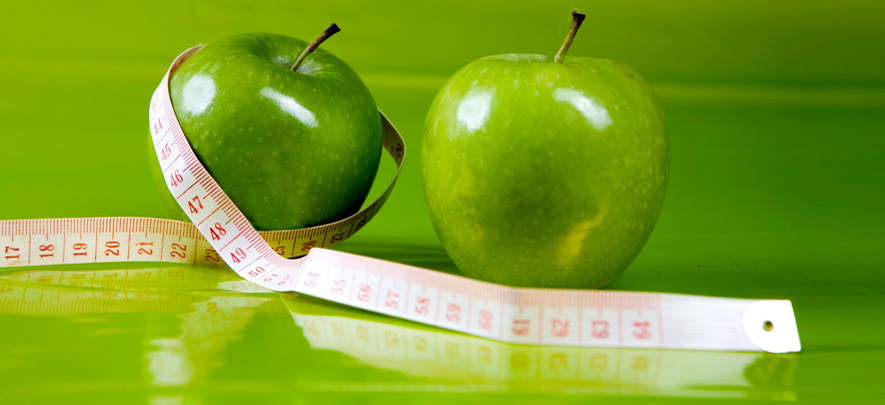How to read nutritional labels to make smarter food choices

Health & Lifestyle
362 week ago — 5 min read
It is important to know how to read a nutritional label so as to make the right choices for your health. A healthy diet can ensure better productivity at work. Entrepreneurs & professionals in particular, often have a busy schedule and must thereby ensure that they are eating the right kind of foods to sustain the demands of their daily life. Here are some tips to help you along your journey to better health outcomes when buying food.
1. Serving size
The value shown on the label refers to a single serving or a standard 100 gms (e.g. Either 1 cookie or 100 gms of cookie which could amount to 4 cookies). If you tend to eat more than the listed servings size in a single sitting, it is recommended to do the math and get the right numbers.
2. Calorie count
For most of us, a high calorie count is the first and most important stop on the label. However, a food with more calories might be worth eating if it also contains lots of nutrients (eg if most calorie is derived from nuts, dates, apricots etc)
3. Fats
If the fat is mainly saturated and/or the product has any trans fat, put it back on the shelf. If most of the fat content comes from healthy unsaturated fat, you're probably good to go. Don’t be fooled by a label that lists 0 grams (g) trans fat. Because of a labeling loophole, a product can contain up to 0.5g trans fat per serving and say it has none.
Check the ingredient list: If it includes partially hydrogenated oil, then there is trans fat in there. Shortening (Margarine / Lilly Fat / Marvo excel / Crisco) is another source of trans fat.
4. Sodium
Eating salt raises the amount of sodium in your bloodstream and wrecks the delicate balance, reducing the ability of your kidneys to remove the water. The result is a higher blood pressure due to the extra fluid and extra strain on the blood vessels leading to the kidneys. In India, we are known to consume almost twice the permissible amount of salt, which is roughly about 800 mg per serving, making us susceptible to numerous ailments.
5. Fibre
A minimum of 3g fibre per serving in any product that contains grains, including bread, crackers, pasta, and even some soups is recommended.
6. Sugars
This number does not distinguish between naturally occurring sugars (lactose in milk or fructose in fruit). A better move is to look at the ingredients for sources of sugar. Pay close attention to the ingredients, as in palm sugar or invert sugar; sweetener, as in corn sweetener; or syrup, as in brown rice syrup or malt syrup. Also watch for words ending in 'ose', like fructose or glucose.
7. Added sugar
If sugar is one of the first two ingredients, don't bring it home. Ingredients are ordered by volume, so the higher up on the list an ingredient is the more of it a product contains. This is an easy way to spot foods that include a lot of added sugar. Manufacturers split up sugar into dextrose, high-fructose corn syrup, and cane crystals and so on; so even if none of them are the first ingredient, if you added them up, they would be. You might consider avoiding any product if there is sugar in more than one form.
8. Vitamins and minerals
The Daily Value (DV) is the amount of each nutrient that's considered sufficient for most healthy adults. A food that contains anywhere from 10 percent to 19 percent of the DV is considered a good source of a nutrient.
9. Whole grains
To spot heart-healthy and fiber-rich whole grains, look for the word whole before the name of any grain, as in whole wheat. Popcorn, oatmeal and quinoa are also considered whole grains.
10. Don’t be fooled by the word ‘enriched’
If you see the word enriched before a grain, it is a sign that the grain has been refined, meaning it has been stripped of the germ and bran, which pack most of the grain's nutrients including fiber.
So now you know how to make smarter choices when buying food products.
Posted by
Aarti AruldasI am looking to connect with other business owners. Invite me to connect with anyone who is in the field of Farms & Agriculture, Logistics, Public Relations, Business...
View Aarti 's profile
Most read this week










Comments
Share this content
Please login or Register to join the discussion